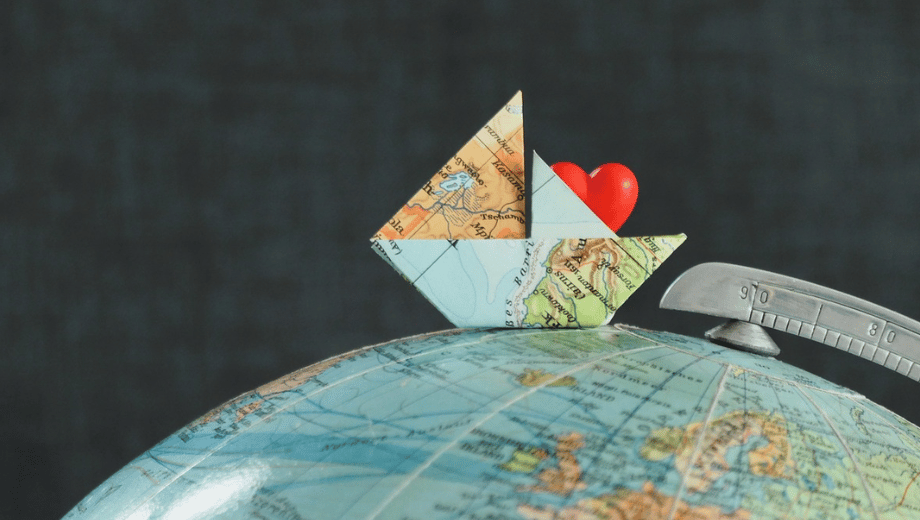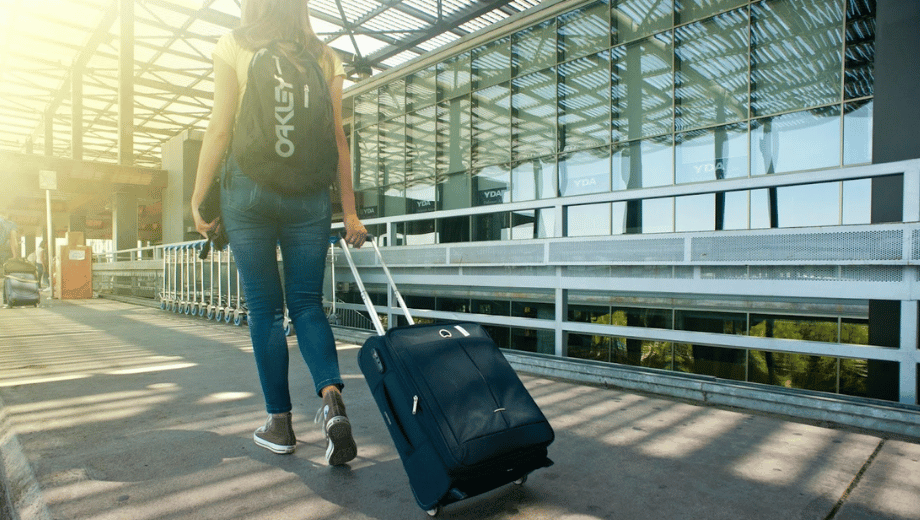Whether you’re heading out on a solo backpacking trip through Europe, taking your family on a Caribbean cruise, or flying to a business meeting across the world, one thing remains the same: your personal safety and well-being should be top priorities. Traveling can be exhilarating, but it introduces new risks, ranging from health emergencies and lost luggage to scams and cyber threats. Fortunately, with a little preparation and smart decision-making, you can greatly reduce those risks and focus on enjoying your journey.
From securing your travel documents to understanding the importance of insurance and tech tools, here are several effective ways to stay safe and protected during your travels.
Secure the Right Travel Insurance Before You Go
Many travelers underestimate the importance of comprehensive travel insurance until they experience a mishap firsthand. A good policy provides more than just compensation for a canceled flight, it covers medical emergencies, stolen belongings, evacuation costs, and more. The folks at https://fastcover.com.au/europe-travel-insurance say that travel insurance is critical for trips to places with high healthcare costs or remote areas without easy access to hospitals. In some countries, even a minor injury could result in hefty out-of-pocket expenses without insurance. When comparing policies, make sure to review coverage for pre-existing medical conditions, COVID-19, baggage protection, and cancellation for any reason.
Keep Digital and Physical Copies of Important Documents
Passport, ID, visas, vaccination records, credit cards, and emergency contact info. These are the documents you don’t want to lose. Keep physical copies in a separate location from the originals, such as a hotel safe or hidden compartment in your luggage. Store digital copies securely on a cloud service or an encrypted flash drive. If anything gets lost or stolen, having backups can expedite the replacement process and minimize stress.
Make sure someone at home has access to these digital files if you’re traveling alone. That way, you can get help faster if something unexpected occurs.
Stay Alert to Your Surroundings and Avoid Risky Areas
Situational awareness is one of the most powerful tools for staying safe abroad. That means knowing what’s going on around you, avoiding distractions ( from your phone), and understanding local customs or areas that are considered unsafe.
Research each destination in advance using government travel advisories, traveler forums, or local news. Avoid flashing wealth, such as expensive watches or jewelry, and try not to carry all your cash in one place. At night, stick to well-lit areas and avoid walking alone in unfamiliar neighborhoods.
Apps like Google Maps or offline GPS platforms can help you stay on course, while travel forums like TripAdvisor or Reddit can provide insights on scams, pickpocket hotspots, and neighborhood reputations.

Use Safe Transportation Options
From taxis and rideshares to public transit and rental cars, transportation presents a unique set of risks. Always use licensed services, and avoid accepting rides from unofficial drivers. Many airports and cities now offer designated taxi stands or app-based services with verified drivers.
If you’re renting a car, inspect it for damage before driving off, understand local road rules, and make sure your travel insurance covers rental vehicle incidents. When using public transit, keep bags close, avoid rush-hour congestion where pickpockets thrive, and research routes before departure to minimize the need for asking strangers.
Protect Your Data and Devices
Cybersecurity is just as important as physical safety when traveling. Public Wi-Fi, though convenient, is one of the easiest ways hackers can access your personal information. Avoid logging into financial accounts or entering sensitive data while on public networks.
Instead, use a virtual private network (VPN) to encrypt your online activity, and consider investing in an international data plan so you’re not reliant on unprotected networks. Always lock your devices with strong passwords or biometrics and enable “Find My Device” features in case they’re lost or stolen.
Carrying a small power bank ensures your phone stays charged when you need it most, like during a navigation mishap or medical emergency.
Practice Health Precautions
Different destinations have different health risks, and some may require vaccinations or specific medications before arrival. Check with your doctor at least a month in advance and research regional health concerns like malaria, Zika, or foodborne illnesses.
Even in lower-risk areas, pack essentials like hand sanitizer, disinfectant wipes, face masks, and any personal medications in your carry-on bag. Wash your hands frequently, avoid drinking tap water where advised, and don’t overexert yourself when adjusting to new climates or altitudes.
Protecting yourself while traveling isn’t about paranoia, it’s about preparation. The more you research, plan, and stay alert, the more confident and relaxed you’ll feel on the road. From securing proper insurance and managing your documents to practicing cybersecurity and maintaining communication, every step counts toward a safer, smoother experience.
Travel can offer unforgettable moments and life-changing experiences. With the right precautions in place, you can focus on the joys of discovery without unnecessary worry.




